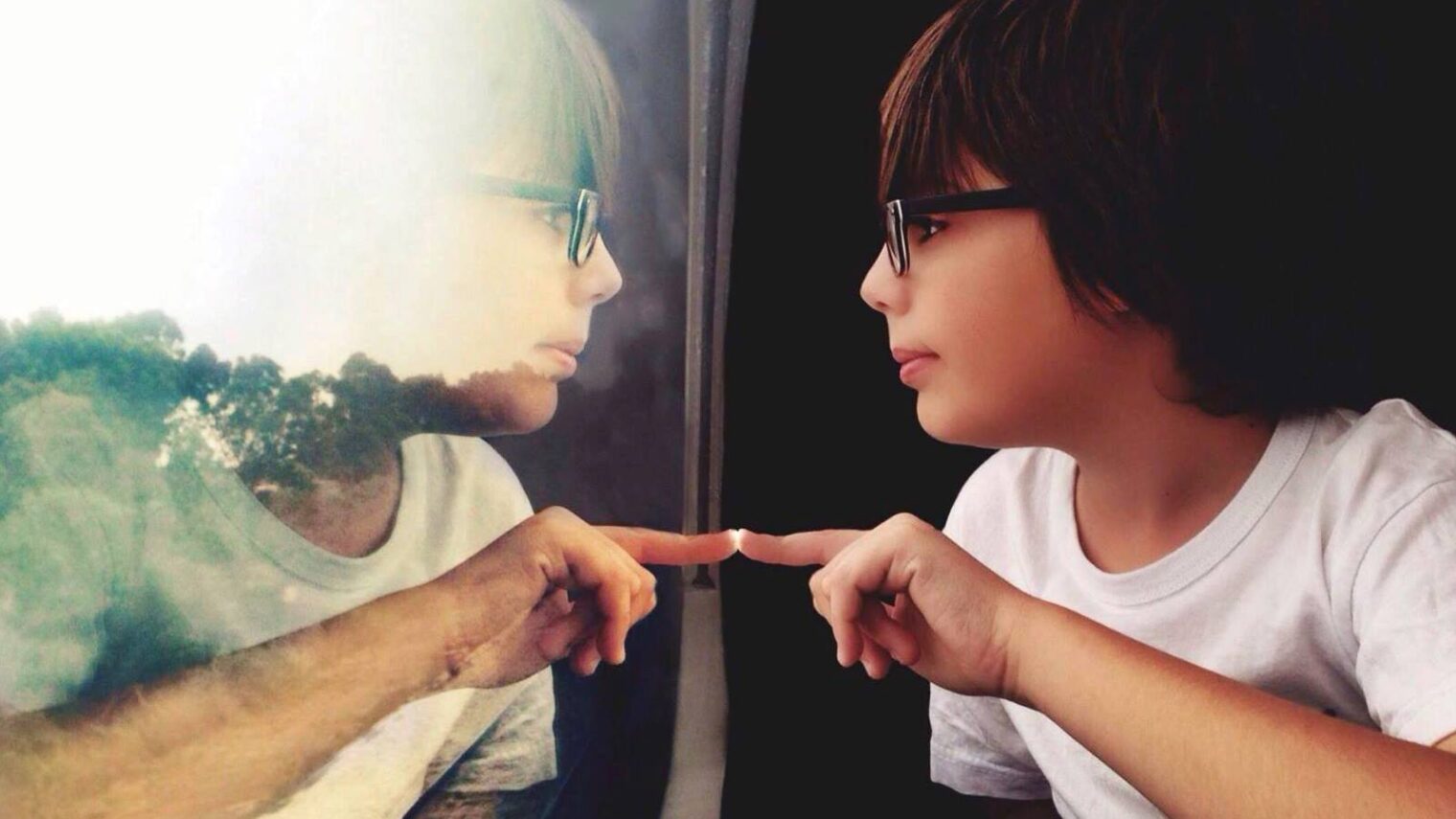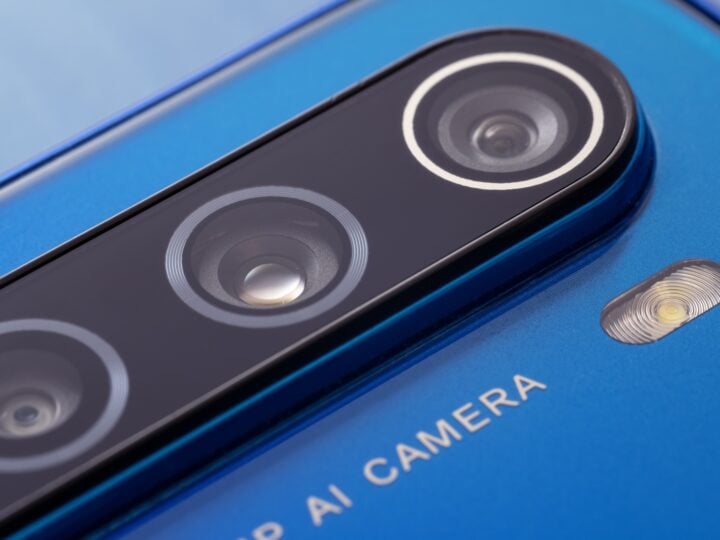Despite the international photography awards she is collecting, Dina Alfasi does not consider herself a photographer. Employed as a practical architecture engineer at a Haifa hospital, she started snapping pictures of fellow commuters more than a decade ago simply to break the boredom of her two-hour bus and train journeys to and from work.
“With the iPhone in my hand, to pass the time, I looked around at the people and started photographing them and posting the pictures on Instagram. I got a lot of compliments and slowly it became something I did every day while commuting,” Alfasi, 49, tells ISRAEL21c.
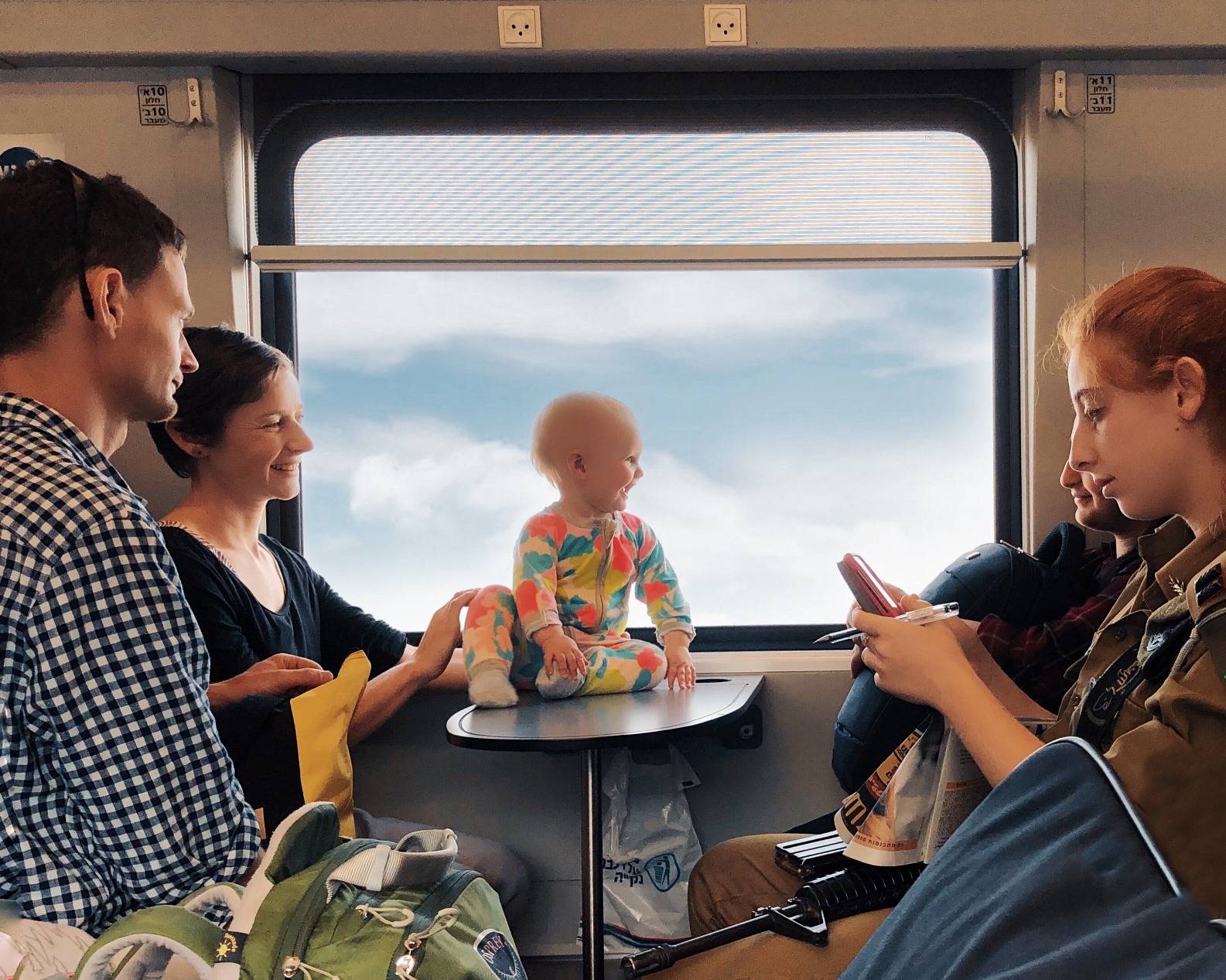
Her captivating images evolved into an “Everyday Moments” series that found fame outside the borders of Israel. “It seems to catch everyone’s attention because it’s something special,” the Hadera resident says.
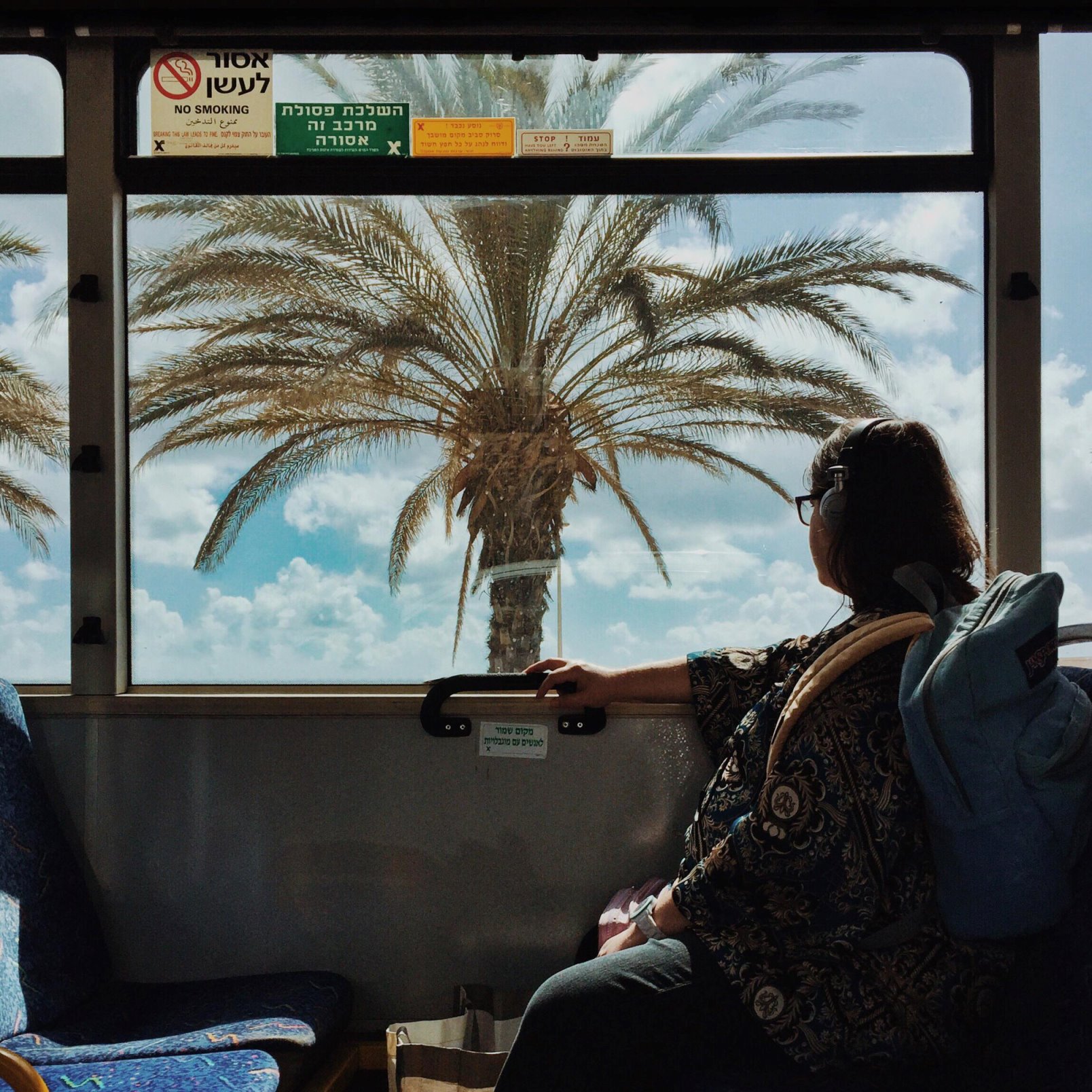
In August, Alfasi’s work was featured in the solo show “Daily Commute” at the International Center of Photography in New York City.
Alfasi won first place in the People category of the 2017 iPhone Photography Awards and second place in the 2018 iPhone Photography Awards in the Children category.
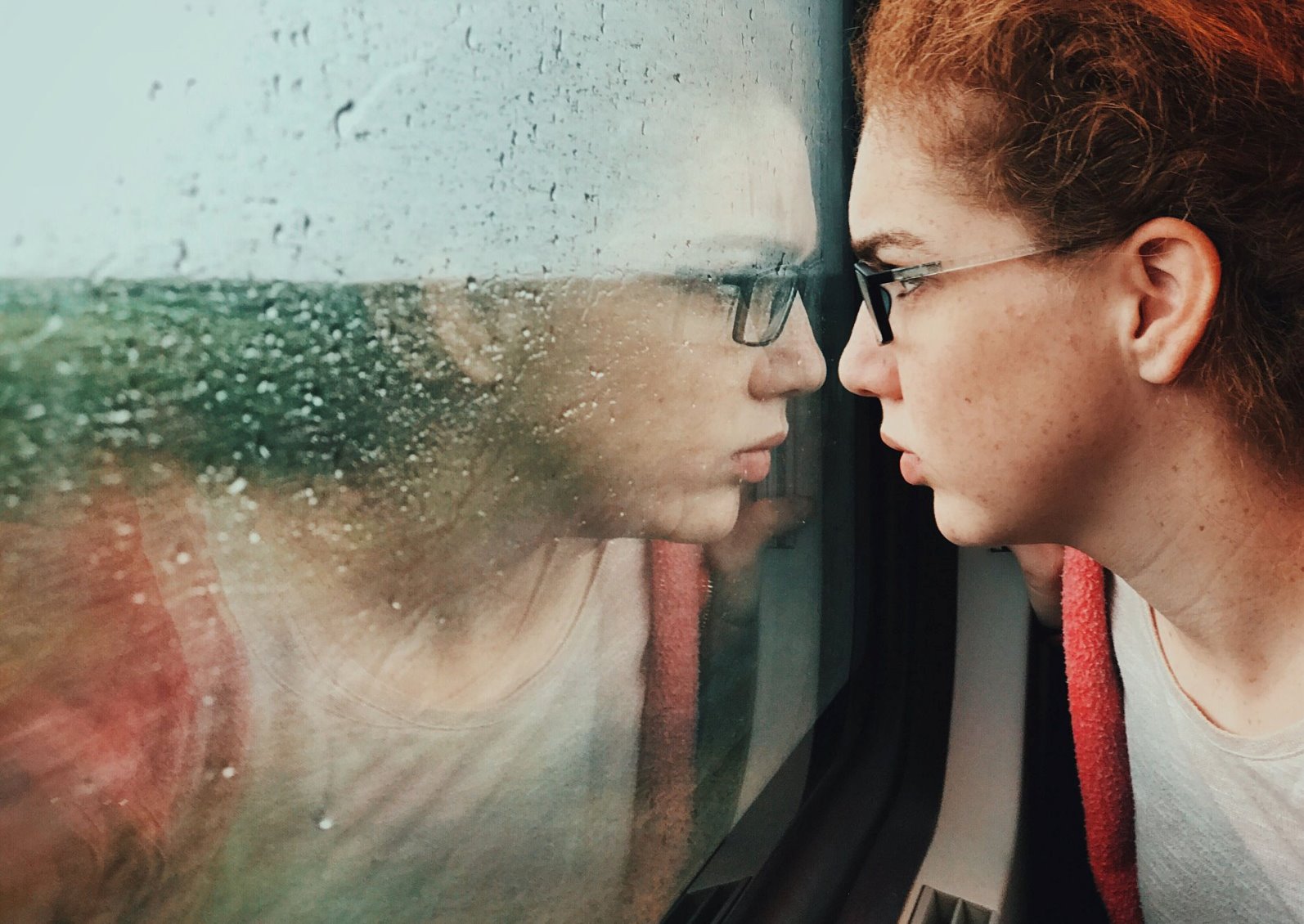
One of her photos was shortlisted in the Open Street Photography category of the 2017 Sony World Photography Awards and another was commended by the Sony judges as one of the top 50 entries in the Culture category in 2018. Sony exhibited both of these pictures in London.
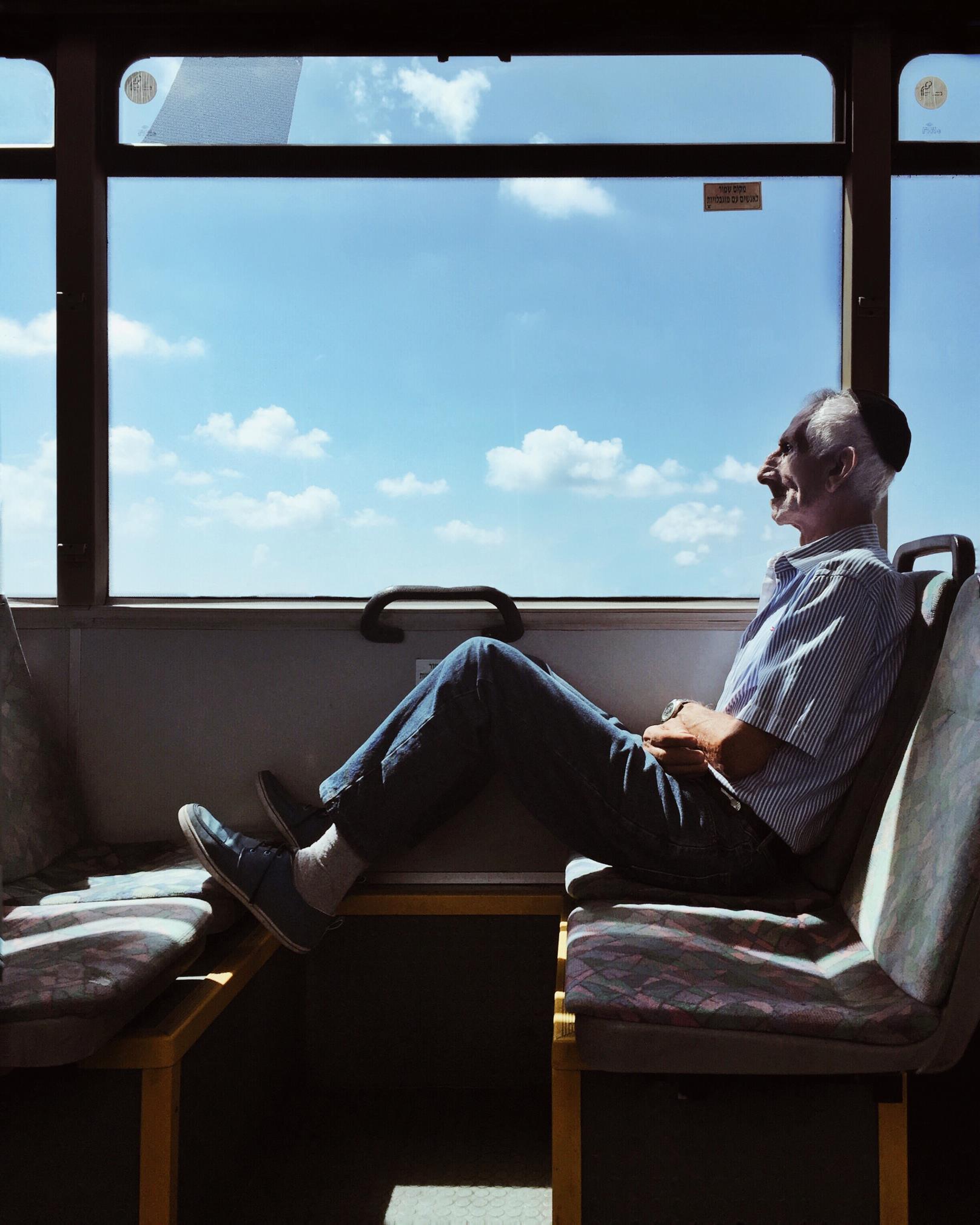
A recent profile about Alfasi in Make Eat magazine described her works as “moving, intimate moments in the life of strangers around her. Dina recognizes the beautiful, the different and the unique in those instances most of us don’t notice, as we’re being propelled towards our daily ports and objectives.”
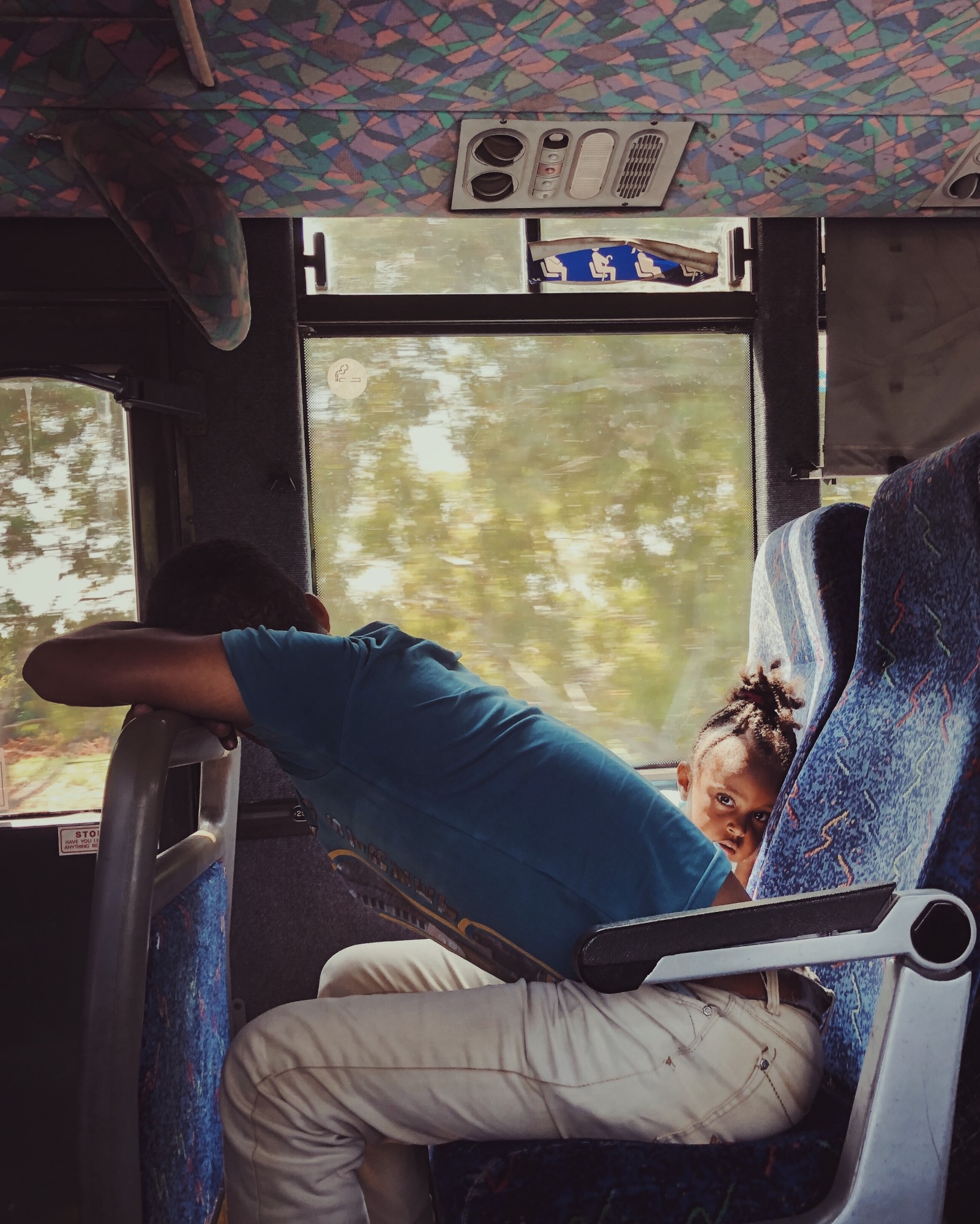
In 2015, Alfasi won a photo contest sponsored by Hayo magazine and EyeEm, and honorable mention in the international Mobile Photography Awards.
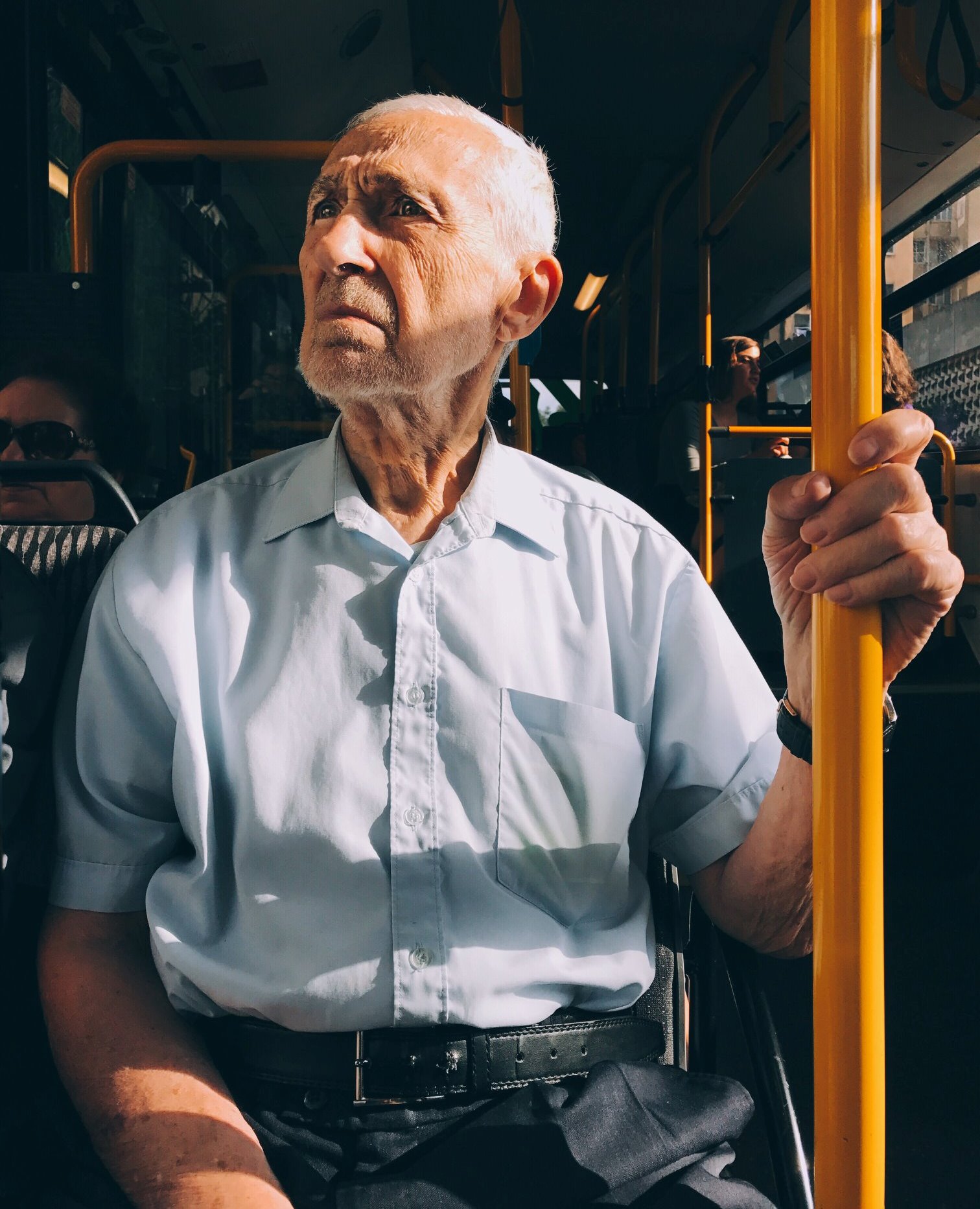
Many of her stunning outdoor photos appear on National Geographic’s Your Shot photo community, and two were chosen to be published in National Geographic magazine.

Alfasi says she does not ask permission before taking her pictures, as it is legal in Israel to photograph people in a public place. However, she adds, “I’m careful not to use photographs that would cause someone to be embarrassed or angry. When people recognize themselves in a picture they have so far reacted quite happily.”
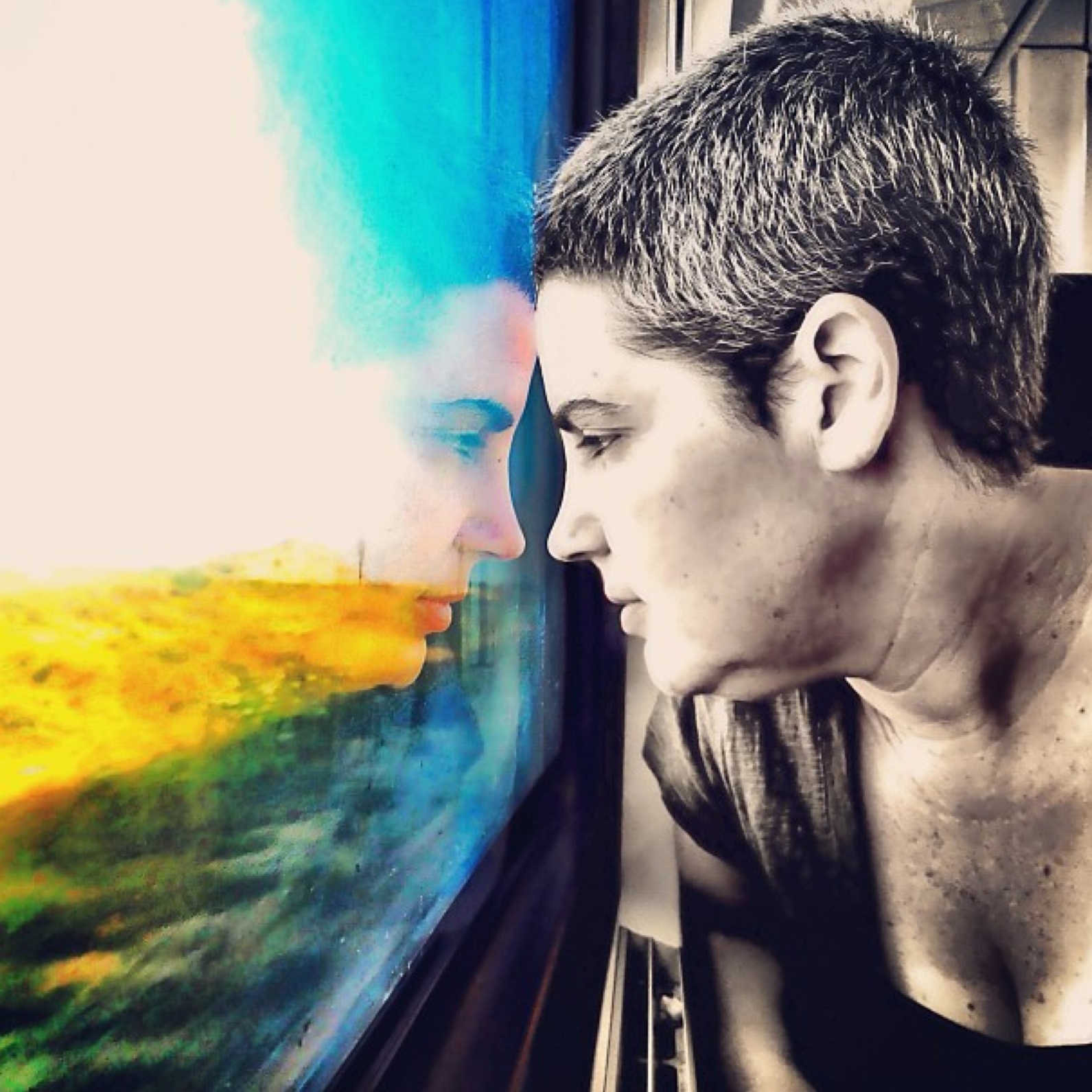
Even with her growing fame, she has no plan to quit her job at Rambam Health Care Campus to take up photography full time. “I didn’t learn photography formally and I don’t earn a living from it. It’s a hobby,” she says.





